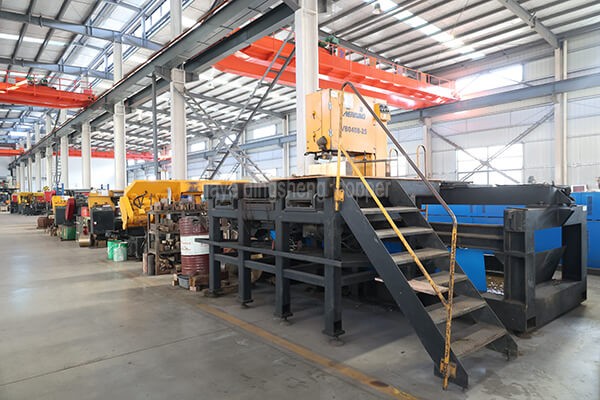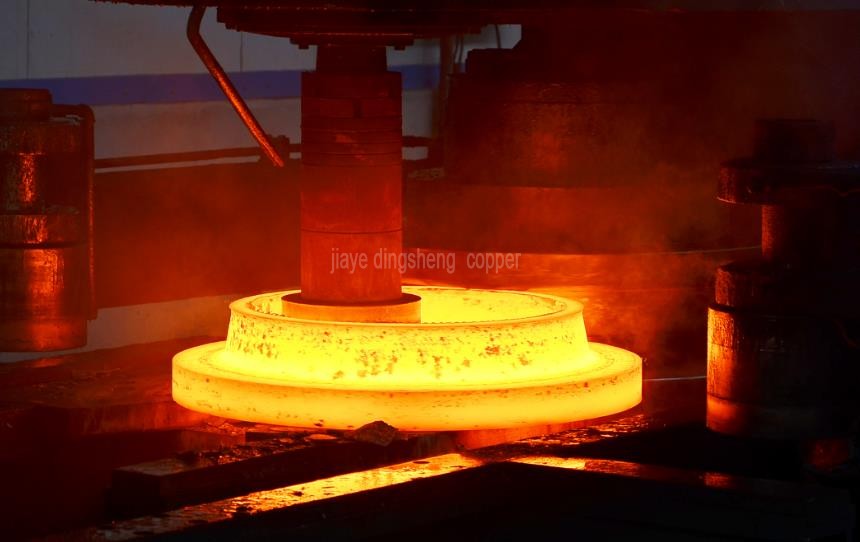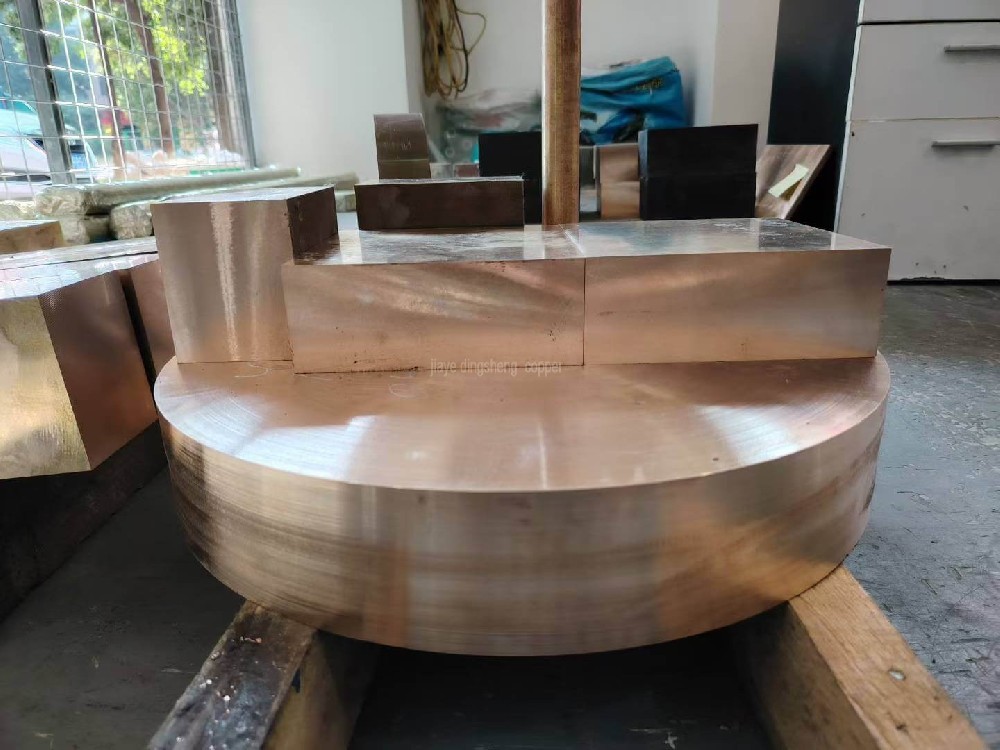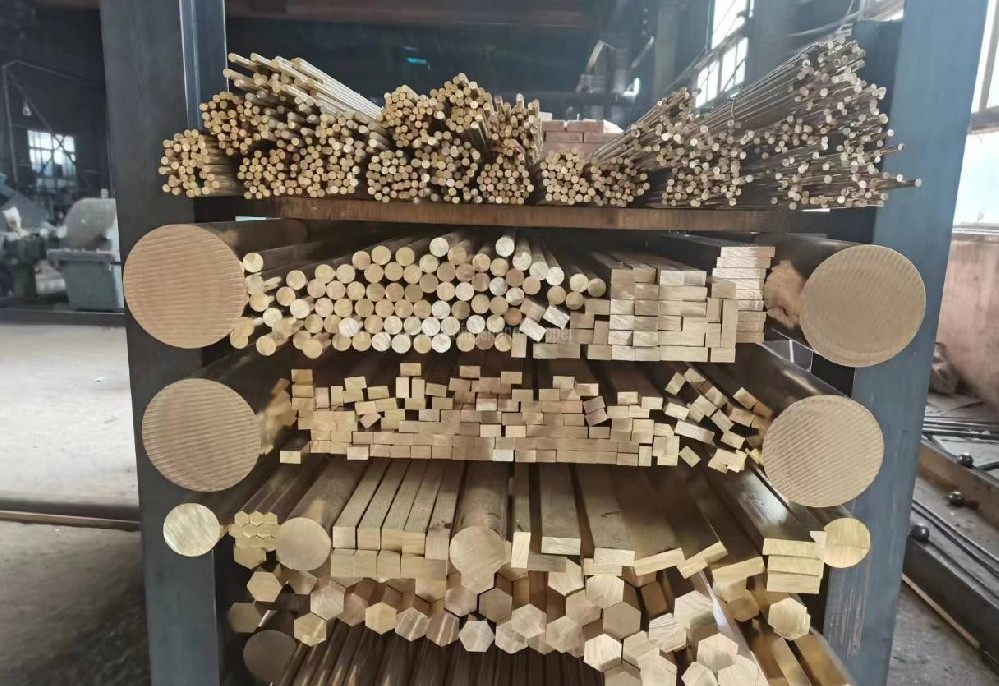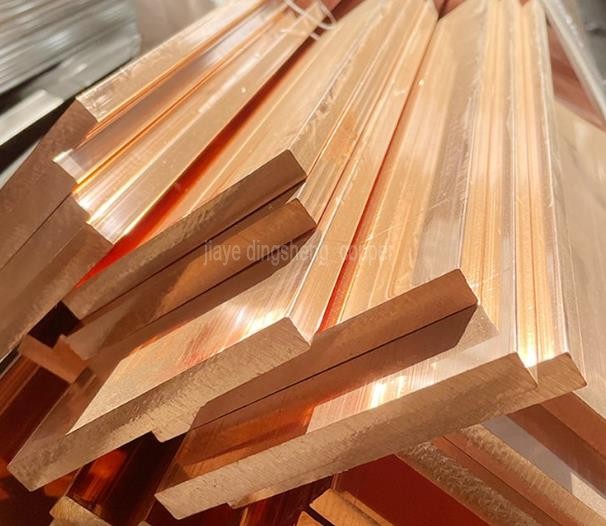What is the tensile strength of beryllium copper?
The tensile strength of beryllium copper varies depending on the alloy composition and heat treatment conditions. It generally ranges from 590 to 1400 MPa. High-strength beryllium copper alloys can have tensile strengths even exceeding 1400 MPa, demonstrating excellent mechanical properties.
Overview of Tensile Strength of Beryllium Copper
Beryllium copper is an alloy material with high strength and hardness. Its tensile strength is one of the important indicators for evaluating its mechanical properties. Tensile strength refers to the ability of a material to withstand the maximum tensile force without breaking during the stretching process. The tensile strength of beryllium copper varies depending on the alloy composition, heat treatment conditions, and processing methods, generally ranging from 590 to 1400 MPa.

The tensile strength of beryllium copper varies depending on the specific model and processing method. The following are the mechanical performance ranges for the main models:
Common tensile strengths of beryllium copper models:
C17300 beryllium copper: 540 - 640 MPa
C17200 beryllium copper: 1105 MPa
Performance Differences Explanation
The differences in tensile strength among different models mainly stem from the variations in alloy composition:
C17300: Contains elements such as aluminum and magnesium, and achieves a tensile strength of 540-640 MPa after solution treatment.
C17200: Contains elements such as beryllium, cobalt, and nickel, and can reach a tensile strength of 1105 MPa after processing, while also having high electrical conductivity (approximately 1% IACS) and wear resistance.
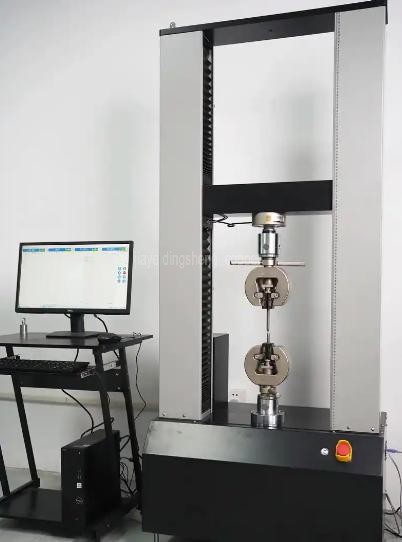
Factors Affecting the Tensile Strength of Beryllium Copper
1. Alloy Composition: The content of beryllium and the addition of other alloying elements in beryllium copper all affect its tensile strength. Generally, the higher the beryllium content, the higher the tensile strength.
2. Heat Treatment Conditions: Heat treatment is an important means to improve the mechanical properties of beryllium copper. Through appropriate heat treatment processes, such as aging treatment and solution treatment, the tensile strength of beryllium copper can be significantly increased.
3. Processing Method: During the processing of beryllium copper, such as cold processing and hot processing, the grain size and morphology will change, thereby affecting its tensile strength. Generally, fine-grained beryllium copper has higher tensile strength.
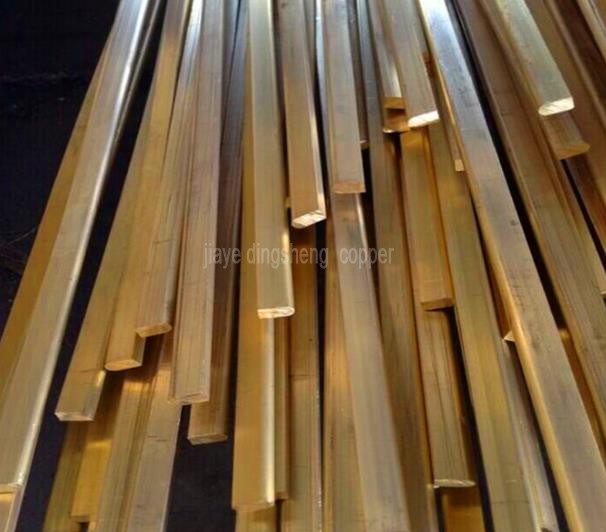
Applications of High-Strength Beryllium Copper Alloys
High-strength beryllium copper alloys have excellent mechanical properties and are widely used in many fields. For example, in the aerospace field, high-strength beryllium copper alloys can be used to manufacture components that withstand high loads; in the electronics field, its good electrical conductivity and high tensile strength make it an ideal material for manufacturing high-performance connectors.
# Tags:
-
beryllium copper tensile strength

